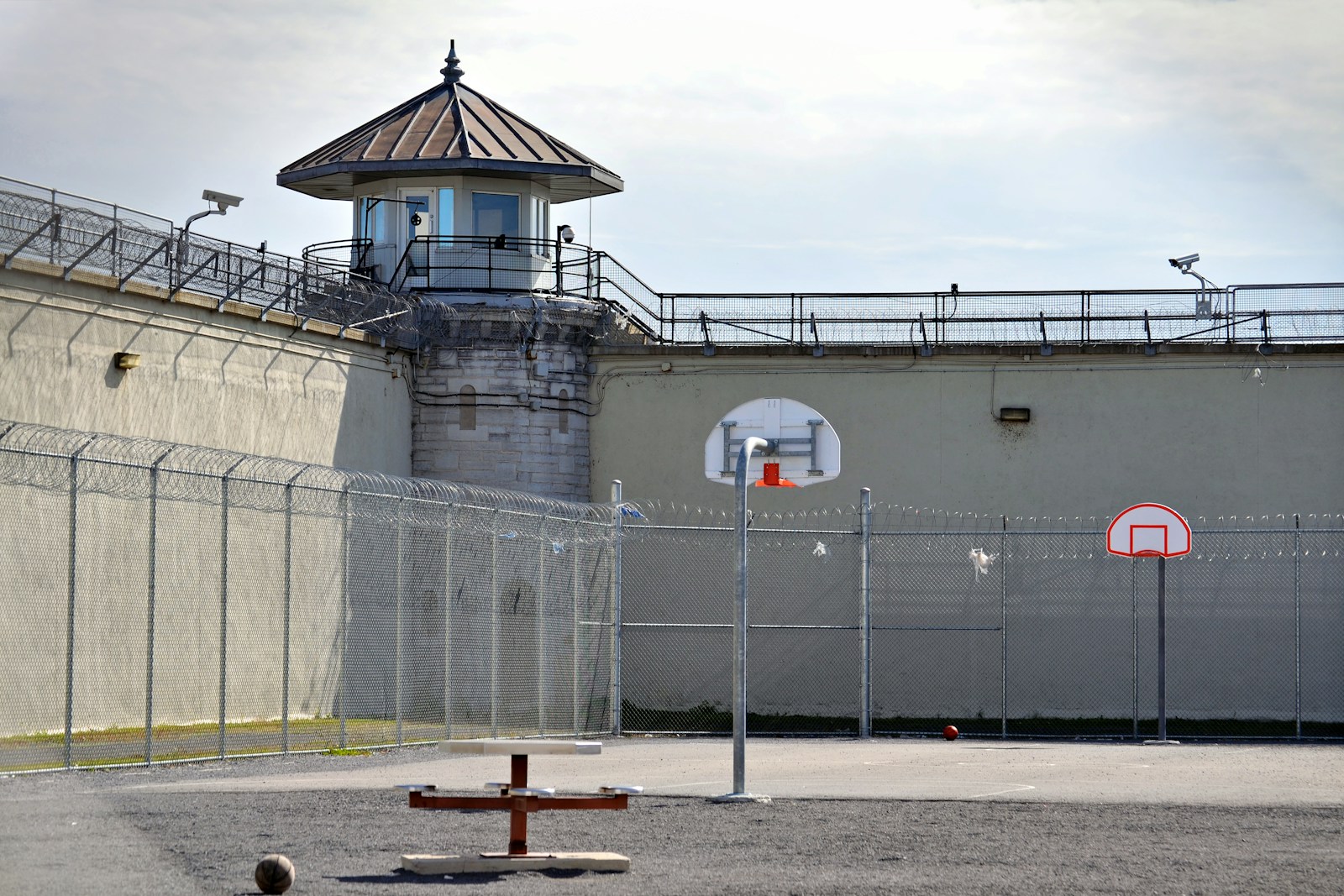Key Takeaways:
- A federal appeals court has paused an order to shut down “Alligator Alcatraz.”
- The immigration detention center is located deep in the Florida Everglades.
- Critics call the facility unsafe and inhumane due to its location and conditions.
- The legal battle continues, and the final decision remains uncertain.
The controversial immigration detention center, nicknamed “Alligator Alcatraz,” sits in the middle of Florida’s Everglades. It earned its nickname because it’s hard to reach, surrounded by swamp land, and allegedly full of dangerous reptiles like alligators and snakes. The core keyword for this article is “immigration detention.”
The facility is officially run by the federal government. However, many believe it poses serious safety and health problems. In fact, earlier this year, a judge ordered the government and the state of Florida to close and remove it altogether.
But now, things have taken a different turn.
A Surprise Ruling by Appeals Court
Just weeks after a lower court told the government to dismantle the immigration detention center, a federal appeals court stepped in. They issued a temporary block, saying the judge’s decision needs more review.
This doesn’t mean Alligator Alcatraz is safe or stays open forever. It just means that for now, it’s not shutting down. Court officials explained they want more time to look at all the legal facts. The conversation around immigration detention is far from over.
Why Some Want It Shut Down
Many who visit or work near the site describe it as dirty, remote, and dangerous. The facility is not easily accessible by normal roads. In fact, most people can only get there by boat or helicopter. Critics claim the building’s structure is weak, and some sections flood during heavy rain.
Human rights groups argue that locking people up in such a place violates their basic rights. They say the isolated setting of the immigration detention center makes it hard for lawyers and family members to visit detainees.
On top of that, reports have surfaced about poor food, limited medical care, and lack of clean water in the facility. All of this led to the earlier ruling that wanted the center closed.
Why Others Want It to Stay
Not everyone agrees the immigration detention center should be shut down. Those pushing to keep it open argue it’s necessary for national security and immigration control. They say it helps manage the growing number of undocumented immigrants entering the U.S.
State officials also point out that closing the center suddenly could overwhelm other nearby facilities already nearing full capacity. Supporters believe improvements can be made without tearing it all down.
They also argue that the location—though remote—serves a purpose. Its isolation limits risk to local communities, they claim.
What’s at the Heart of the Legal Fight?
The central legal issue is whether the government crossed any constitutional lines by operating this immigration detention facility in such extreme conditions. The lower judge believed it did and ordered its closure. However, the appeals court isn’t so sure.
The appeals court stressed that more evidence is needed before making a final call. In the meantime, the order to shut the facility is on hold. This pause means that immigration detention at Alligator Alcatraz will likely continue while the legal process drags on.
What This Means for Immigrants Inside
The ruling raises major questions about what happens to the people already detained there. Many are stuck in legal limbo, waiting for their court dates, and hoping for better living conditions.
Detainees, family members, and their lawyers had hoped the closure would bring faster releases or at least better placement in safer environments. However, with the shutdown order blocked, those hopes are now delayed.
Legal experts say the issue may even make its way to the Supreme Court if no clear decision is reached soon. Immigration detention policy, especially in unusual settings like this one, remains a hot-button topic across the country.
The Bigger Picture: Immigration Detention in the U.S.
This isn’t just about one facility. The case of Alligator Alcatraz is part of a larger, ongoing debate. Immigration detention has become a focal point in national talks about border security, human rights, and public safety.
Over the past ten years, the U.S. has increased its dependence on detention centers to hold people during their immigration cases. Supporters believe this practice keeps the system organized. But critics say it’s often overused, inhumane, and unnecessary—especially in places like this.
As legal cases drag on, one thing is clear: how the U.S. handles immigration detention will keep sparking big discussions for years to come.
Looking Ahead: What Comes Next?
The appeals court’s pause is only temporary. Legal teams on both sides are gathering their best arguments and evidence. A final court date has not yet been set.
Until then, Alligator Alcatraz remains open, questions continue to pile up, and the lives of detainees inside hang in the balance.
Everyone—from legal experts to lawmakers—is watching closely. What happens next could shape the future of immigration detention in America.
FAQs
What is Alligator Alcatraz?
Alligator Alcatraz is a nickname for an immigration detention facility located in Florida’s Everglades. It’s known for being remote, swampy, and hard to access.
Why did a judge want the facility shut down?
A federal judge ordered its closure due to unsafe conditions, flooding, poor medical care, and concerns over detainee rights.
Why did the court block the shutdown order?
A higher court wants more time to review evidence. They believe the original ruling may need further legal analysis.
Is the facility still open?
Yes, the appeals court’s pause means the immigration detention center is still operating while the case continues.
How does this impact immigrants in the U.S.?
Delays in court decisions mean detainees must remain in uncertain and difficult conditions for a longer time. It affects their health, safety, and access to fair legal help.
